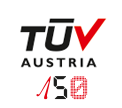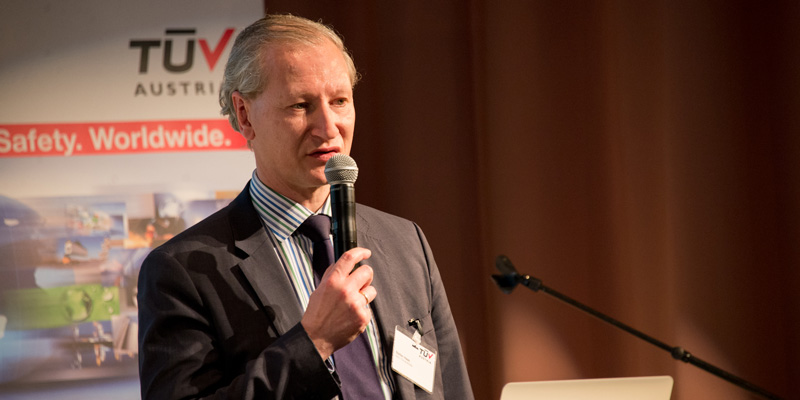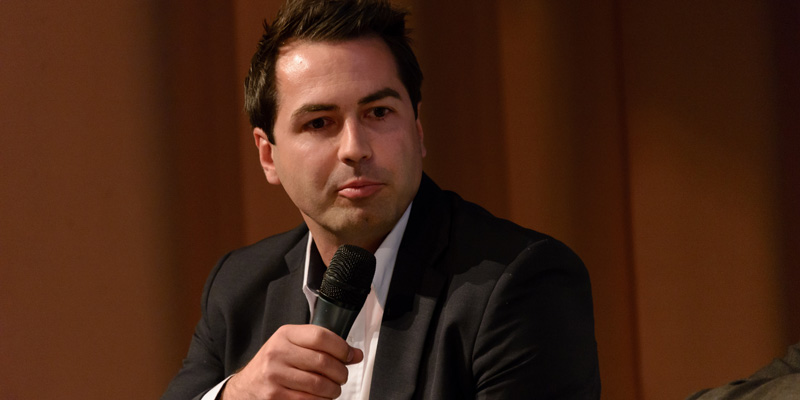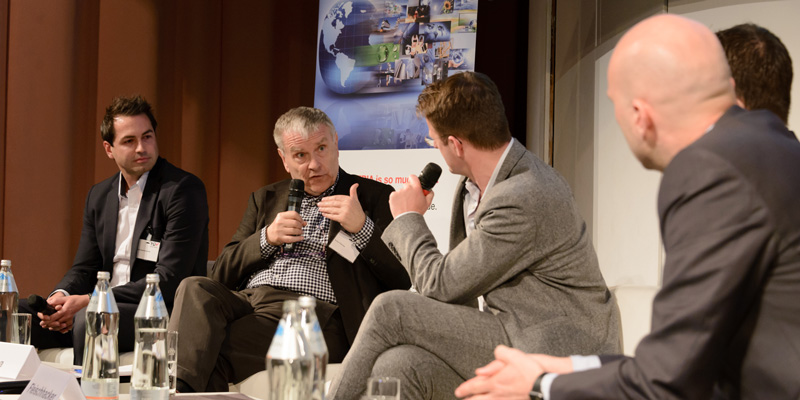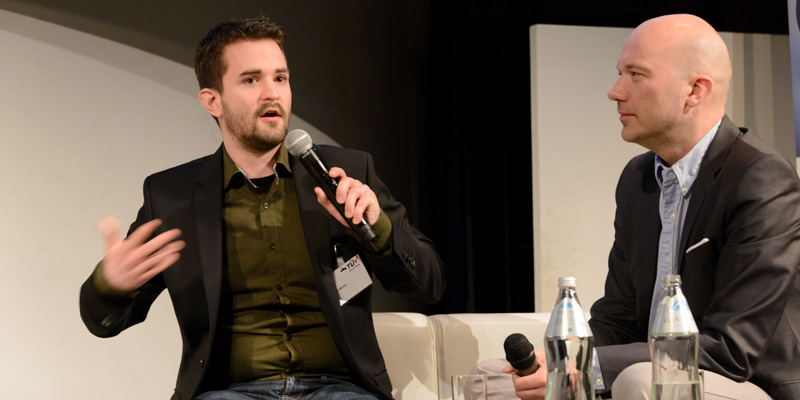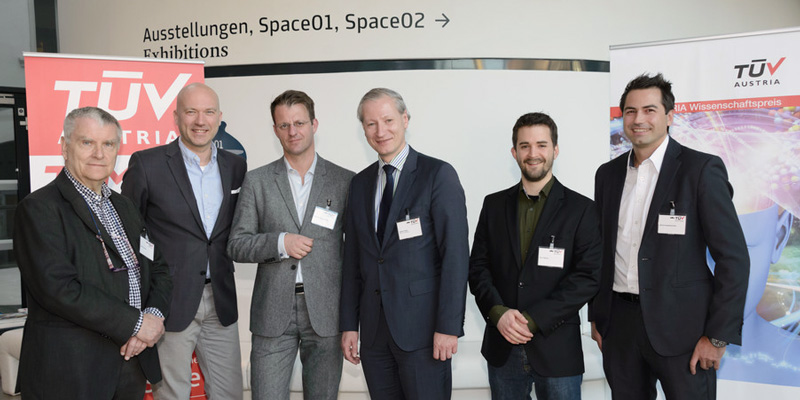Completely networked yet secure
- 04/05/2016
- Marketing Digital Services
- Created by Karin Fanninger
These days, many large corporations invest a lot of money in their own IT departments to ensure data security. Small enterprises can rarely afford such investments. Thanks to newly developed security tools, sensitive data can be protected at a lower cost. Experts agree that in many cases protection comes to nothing because of such basic things as, for example, proper password allocation. In addition to passwords, there are now also fingerprint and iris scanners available. This only constitutes a first step in protecting data against hackers, however. Because even biometric data can be faked.
Living and working in a computerised world - just how transparent are we?
Big data makes our life predictable because, all of a sudden, it has become possible to analyse data which was not available before or which simply couldn't be analysed before. But how much privacy do we have left? Relevant official agreements such as, for example, "Safe Harbor" (new agreement as of 2 February 2016: "EU-US Privacy Shield) supposedly safeguard European citizens from unauthorised disclosure of personally identifiable information. But even now critics consider this agreement a joke. It is recommended - here, too, experts agree - to avoid US American providers like WhatsApp altogether because it must be assumed that the USA like to "read in".
Data security is a topic that concerns us all. Not just today, but more importantly in the near future as well. This is why TÜV AUSTRIA organised the panel discussion “Completely networked yet secure” on 4 April 2016 at Kunsthaus Graz. Moderator Michael Fleischhacker welcomed futurist Franz Kühmayer, political scientist Anton Pelinka, 2015 hacker award winner Aron Molnar and Bernd Zwattendorfer, expert for networked data and data security and winner of the 2015 TÜV AUSTRIA Science Prize
Dr Stefan Haas, CEO of TÜV AUSTRIA Holding AG, opened the panel discussion “Completely networked yet secure” at the Joanneum in Graz, photo: APA-Fotoservice, Friedrich Jamnig
Dr Bernd Zwattendorfer, winner of the 2015 TÜV AUSTRIA Science Prize, attended the TÜV AUSTRIA event “Completely networked” on 4 April 2016 at the Joanneum in Graz, photo: APA-Fotoservice, Friedrich Jamnig
Prof. Dr Anton Pelinka, Institute of Conflict Research, attended the TÜV AUSTRIA panel discussion “Completely networked” on 4 April 2016 at the Joanneum in Graz, photo: APA-Fotoservice, Friedrich Jamnig
Aron Molnar, “Europe’s Best Hacker” (left) and Franz Kühmayer, zukunftsInstitut, attended the TÜV AUSTRIA panel discussion “Completely networked” on 4 April 2016 at the Joanneum in Graz, photo: APA-Fotoservice, Friedrich Jamnig
TÜV AUSTRIA invited experts to a panel discussion at Kunsthaus Graz. In the picture from left to right: Anton Pelinka, political scientist, Franz Kühmayer, futurist, Michael Fleischhacker, moderator, Stefan Haas, CEO of TÜV AUSTRIA, Aron Molnar, winner of the European Cyber Security Award, Bernd Zwattendorfer, winner of the TÜV AUSTRIA Science Prize, photo: APA-Fotoservice, Fritz Jamnig
